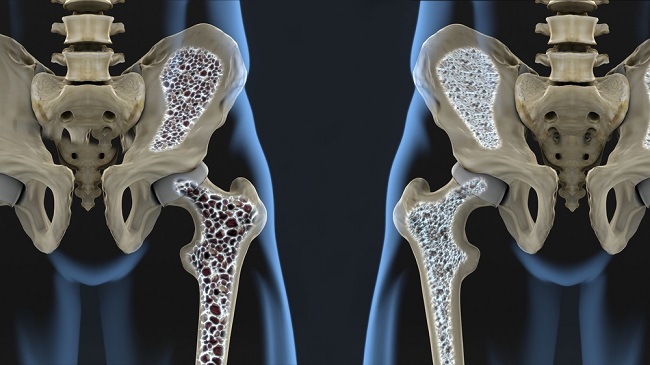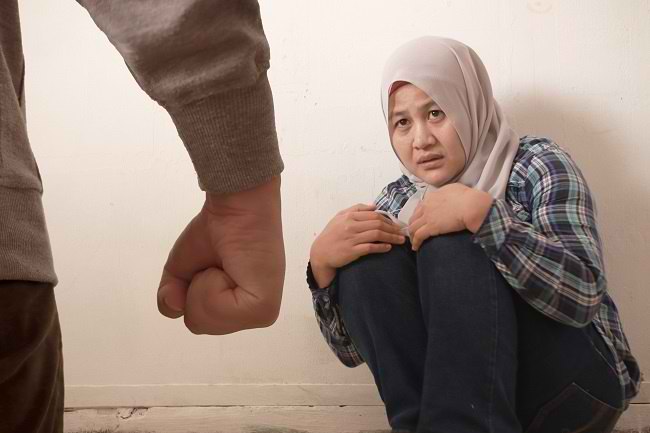Psychiatry is a branch of medical science that studies more deeply about diagnosis, treatment, and prevention of mental, emotional, and behavioral disorders. A doctor who studies or has undergone specialized education in the field of psychiatry is known as a psychiatrist.
To become a psychiatrist, one must first go to medical school. After that, the doctor needs to undergo a period of training and specialized education for four years specializing in the field of psychiatry. After completing the specialist education period in psychiatry, the doctor will later have the title of a mental health specialist or psychiatrist.

As a psychiatrist, a psychiatrist is competent in all matters relating to the diagnosis and treatment of patients with mental health problems, such as depression, bipolar disorder, and schizophrenia.
The psychiatrist will be responsible for determining the treatment steps that will be taken for people with mental disorders. Psychiatrists are competent to provide treatment and evaluate the condition of people with psychiatric problems from a medical perspective. This is what separates psychiatrists from other mental health professionals, such as psychologists.
Psychiatry Subspecialty
After completing the training period, the psychiatrist may continue training or special education to obtain a subspecialty in psychiatry. Subspecialties in psychiatry include:
- Child and adolescent psychiatryPsychiatry is a subspecialty that specializes in dealing with mental disorders in children and adolescents. Psychiatric conditions of children that require psychiatric treatment, such as developmental problems, children with ADHD, autism spectrum disorders, eating disorders, mental disorders mood, and schizophrenia.
- Elderly psychiatry (geriatric psychiatry)This field of psychiatry focuses on the treatment of mental and emotional disorders that occur in the elderly. Like children, the elderly also have different types of disorders, needs, and treatment from adults in general, so the selection and administration of drugs must be adjusted to the age of the elderly.
- Addiction psychiatryIt is a subspecialty of psychiatry that specializes in treating people with one or more addiction-related psychiatric disorders. For example, addiction to drugs or alcoholic beverages.
When does one need to see a psychiatrist? There is no need to wait until a severe mental disorder occurs to consult a psychiatrist. Mental and psychological health problems should also be treated and diagnosed early, so that the patient's condition can be treated before complications occur.
Health Conditions That Psychiatrists Can Treat
Many mental health disorders can be treated effectively after the patient comes to a psychiatrist. Mental health conditions that a psychiatrist may be able to diagnose and treat include:
- Depression
- Anxiety disorders
- phobia
- Obsessive compulsive disorder (OCD)
- Post-traumatic stress disorder (PTSD)
- Personality disorder
- Schizophrenia and paranoia
- Mood disorders, such as bipolar disorder
- Eating disorders, such as anorexia and bulimia
- Insomnia
- Addiction to drugs or alcohol
There are many treatment methods that psychiatrists use to help cure patients' psychiatric problems, such as psychotherapy, drug therapy, psychosocial intervention, and electroconvulsive therapy (ECT). The goal of this therapy is to eliminate or control the symptoms that bother the patient. Psychotherapy usually requires several sessions for one to two weeks, or even more, depending on the level of the patient's mental problems.
In addition, drug therapy is also commonly used by psychiatrists to help correct chemical imbalances in the brain which are considered to be one of the causes of mental disorders. The success of the treatment of psychiatric disorders depends on the commitment of the patient, as well as the cooperation between the psychiatrist, the patient, and the family. The patient's family and loved ones need to be patient because generally the treatment of mental disorders takes time.
Psychiatry is very important in dealing with mental, emotional, and behavioral health disorders. If you feel you are experiencing complaints that affect your mental health, don't hesitate to consult a psychiatrist. Before going to a psychiatrist, it's a good idea to consult a general practitioner first. If consultation with a psychiatrist is required, you will be referred to a psychiatrist with special expertise according to the disorder you are experiencing.









